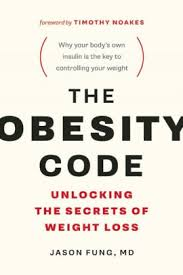Isn’t it AMAZING!!! 
This morning I had to get some blood drawn and the orders came from a specialist in another city so I went to my PCP for the blood draw. My husband and I had not eaten anything yet and it was almost 11:00 am. No biggie - we are fat-adapted.
Well, my PCP didn’t know how to draw for one of the tests so they sent me across the street to the hospital. Well, I had to wait an hour to be “admitted”, sign a bunch of paperwork and wait some more to be called for the blood draw.
By this time it was after 1:00 pm. Pre-keto I wound have been STARVING!!! And cranky and have a low blood sugar headache by then. My husband and I shrugged and said “meh”. We didn’t care.

 I think my body has just decided it doesn’t like how fat we are (my body and me!)
I think my body has just decided it doesn’t like how fat we are (my body and me!)

 TY
TY 


